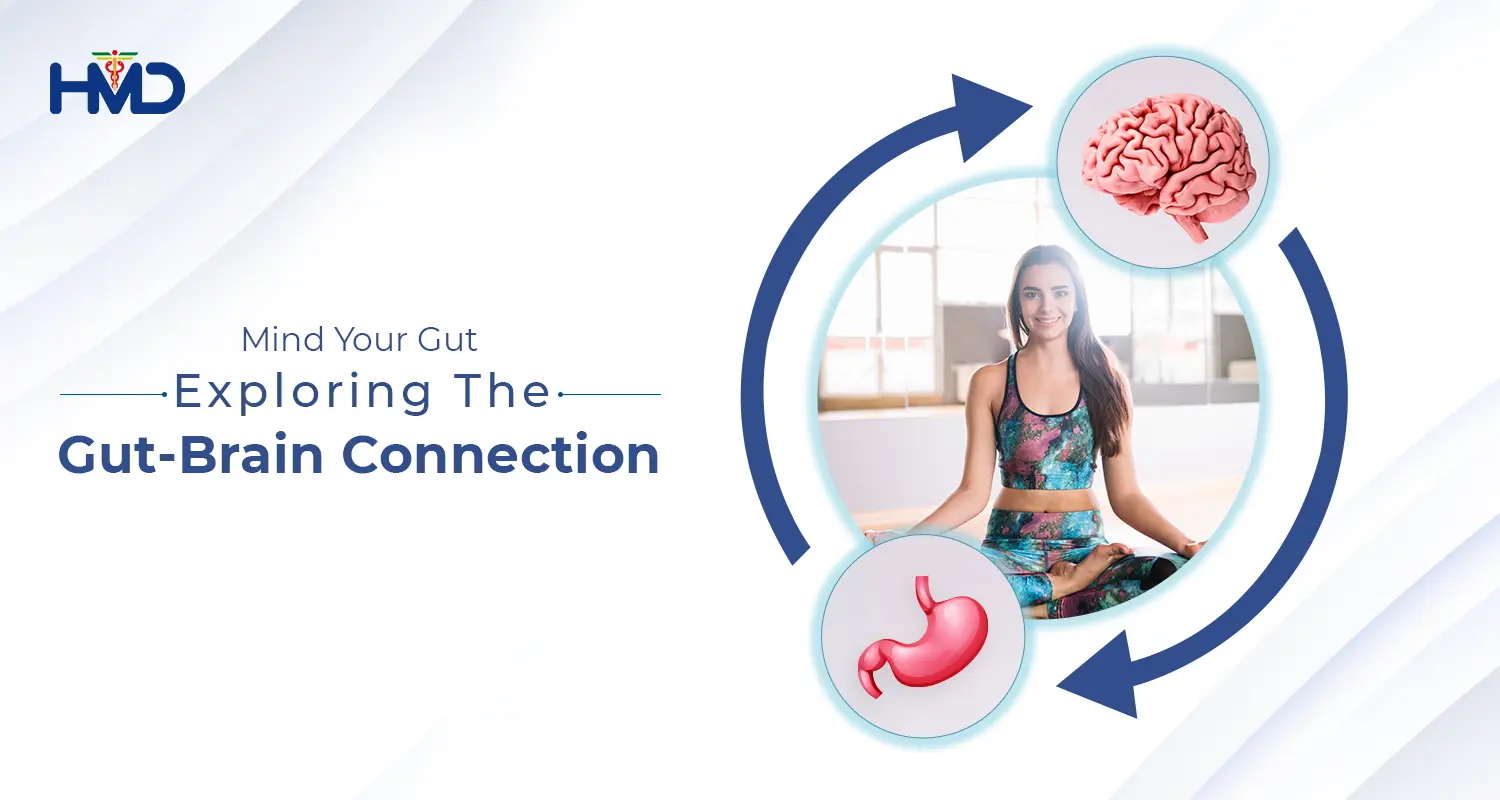
Recent studies have unveiled an intriguing connection between the human gut and the brain. This fascinating discovery has transformed our understanding of how these two systems interact and influence each other's functionality.
The gut is often referred to as the "second brain" because of its complex neural network, which communicates bidirectionally with the central nervous system. This connection is not just theoretical—it’s real and impactful.
The Gut-Brain Axis
The gut-brain axis, a specialized term describing this communication pathway, involves multiple layers of interaction. One key player in this relationship is the enteric nervous system, which lines the gut and sends signals directly to the brain via the vagus nerve. This creates a dynamic feedback loop where the gut and brain continuously exchange information.
- The gut produces neurotransmitters such as serotonin, which plays a critical role in regulating mood, appetite, and sleep. These chemicals are closely tied to brain activity and mental health.
- Additionally, the gut microbiota, a diverse community of microorganisms, contributes to brain health by producing metabolites that influence cognitive processes and emotional responses.
The Importance of Digestive Health
What we eat has a profound effect on our gut flora. Diets high in processed foods, sugar, and unhealthy fats can lead to dysbiosis, an imbalance in gut bacteria that may contribute to inflammation and disease. On the flip side, a balanced diet rich in fiber, prebiotics, and probiotics helps maintain a healthy gut ecosystem, which in turn supports better mental clarity and emotional stability.
For instance, fermented foods like yogurt, kefir, and sauerkraut are excellent sources of beneficial bacteria that promote gut health. Similarly, whole grains, fruits, and vegetables provide essential nutrients that fuel the body and mind.
Why Does This Matter?
The gut-brain axis is a critical component of overall health. When the gut microbiome is out of balance, it can affect everything from digestion to mood swings. Chronic conditions such as depression, anxiety, and autoimmune disorders have been linked to poor gut health.
By paying attention to our gut health, we can take proactive steps to improve our mental and physical well-being. Simple lifestyle changes, such as reducing stress, getting enough sleep, and incorporating regular exercise into our routines, can make a significant difference. Additionally, adopting a nutrient-dense diet can help restore balance to the gut microbiome and enhance cognitive function.
In conclusion, understanding the gut-brain connection empowers us to take charge of our health. Whether you're looking to boost your mood, sharpen your focus, or reduce inflammation, nurturing your gut could be the key to unlocking a healthier, happier you.
Ademetionine 1,4-butanedisulfonate
Ademetionine 1,4-butanedisulfonate
Jiangxi Chengzhi Bioengineering Co., Ltd , https://www.chengzhi-bio.com